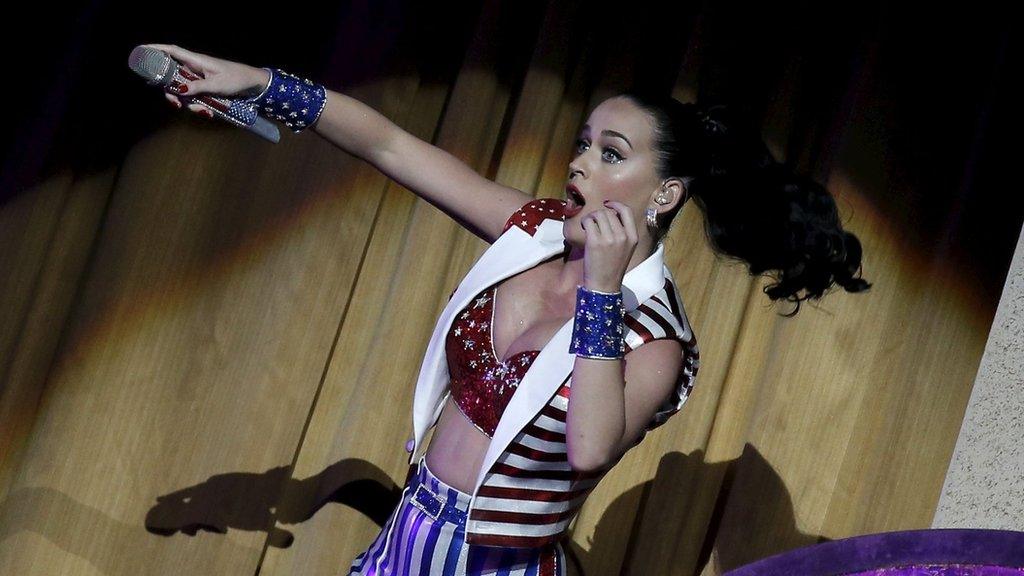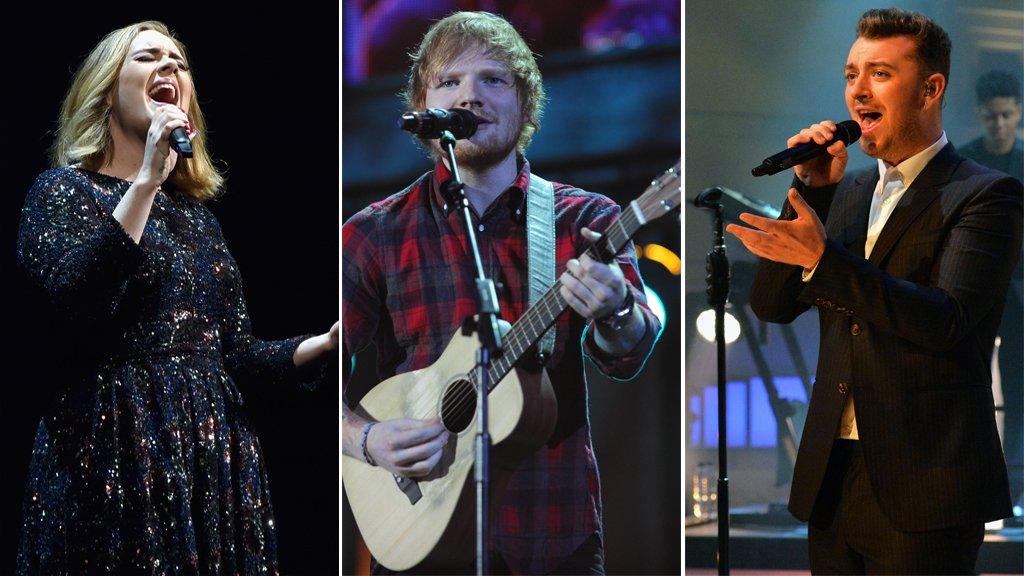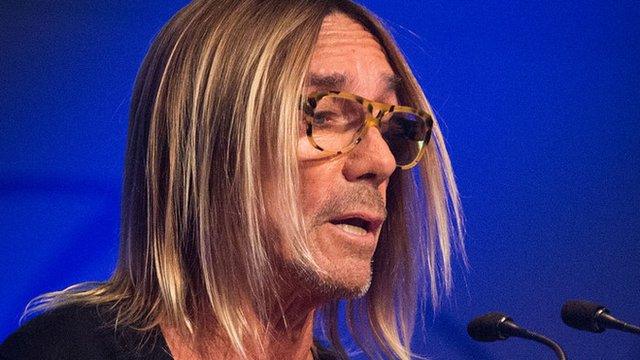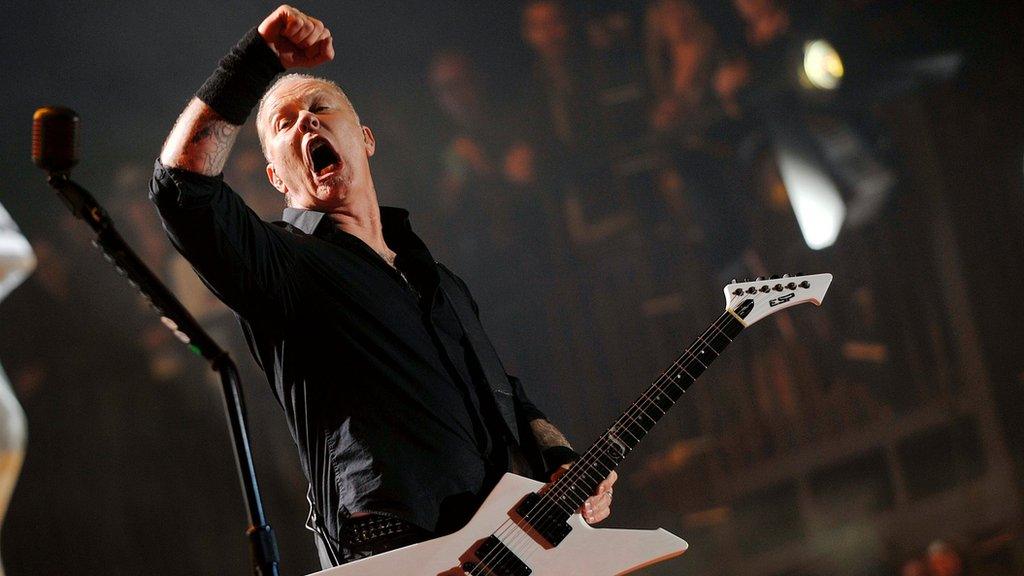Nikki Sixx to YouTube: 'Do the right thing'
- Published
Sixx AM challenge YouTube payments
Motley Crue co-founder Nikki Sixx has launched a campaign asking Google to pay musicians more money when their videos appear on YouTube.
The bass player is urging Google to remember its former slogan - "Don't be evil" - in its dealings with artists.
"The idea behind that was to always compensate everybody," he said.
"That motto has since changed to 'Do the right thing'. It's time to live up to your corporate mottos, Google... and invest in the future of music."
The comments represent the start of a campaign by artists to challenge YouTube's system of royalty payments.
They come as the video streaming site's contracts with the world's three biggest record labels come up for negotiation this summer. Other artists are expected to weigh into the debate in the coming days.
'Massive profits'
A recent report from the Recording Industry Association of America (RIAA) pointed out an "alarming disparity" between the rise in music consumption and revenue going to artists.
It said that musicians in the US were making more money from vinyl sales ($416 million/£289 million) than from streaming on ad-supported sites like Soundcloud and YouTube ($385 million/£267 million).
Paid-for streaming services like Apple Music and Spotify contribute about $2bn (£1.4bn) to the music industry's coffers.

Katy Perry has also campaigned for a change to the way artists are compensated
YouTube maintains that it has "paid out over $3bn (£2.1bn) to the music industry", although this figure is thought to represent more than eight years of payments.
"YouTube is paying out about a sixth of what Spotify and Apple pay artists," Sixx told the BBC.
"Artists are not being treated fairly when it comes to compensation for their art," added James Michaels, who sings with Sixx in his current band, Sixx AM.
"I think that especially affects young, up-and-coming artists and it really affects the future of music. And that's scary, so the reason we're talking about this now is that we feel it's more important than ever to put some type of mechanism in place that ensures that artists are treated fairly and are compensated when their music is used to generate massive profits for YouTube."
Katy Perry, Lionel Richie, Bon Jovi and Christina Aguilera have also campaigned for a change, calling on the US Copyright Office to make a "sensible reform" to the Digital Millennium Copyright Act.
They take issue, in particular, with the way user-upload sites deal with pirated material.
Currently, a pirated song or video can be removed once the copyright holder notifies the streaming site. Artists argue that the method is ineffective, as once an illegal video is taken down, another one is uploaded in its place.
In their letter, Perry, Richie and 45 other musicians called it an "all-purpose shield that tech companies hide behind while they threaten the livelihood of music creators".
They added: "This outdated law forces us to stand by helplessly as billions of dollars in advertising is sold around illegal copies of our work."
The music industry also argues that the "safe harbour" protection means YouTube negotiates from a position of strength when drawing up licensing deals with labels and publishers.
In response to Sixx's comments, Google said it was "engaged in productive conversations with the labels and publishers around increasing transparency on payouts".
It added in a statement: "We're also working hard to bring more revenue to the music industry through our subscription service, as well as continuing to grow our ad-supported business, which allows artists and labels to monetise the 80% of music listeners who historically have never paid for music."

- Published12 April 2016

- Published14 October 2014

- Published18 April 2016
